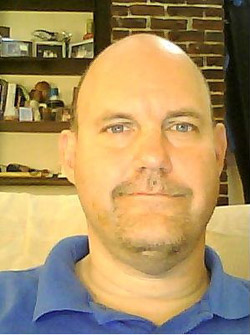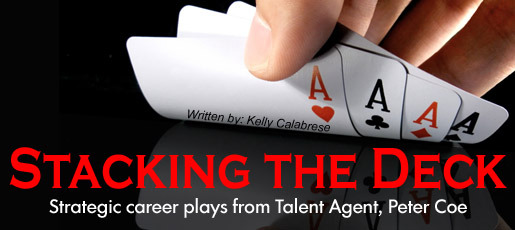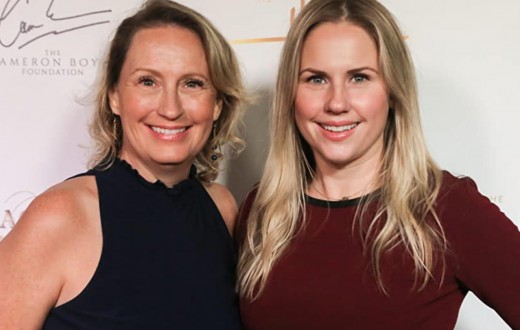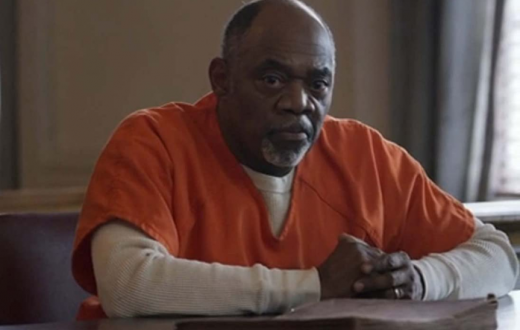You’ve got to know “when to put your hand on the table and when to discard it,” says Talent Agent Peter Coe, about the entertainment industry.” Know when to say what you are feeling and thinking, how to recognize body language and when to soak everything in.”

Peter Coe has a great deal of experience in this business. He started out as an actor but found sales to be his strong suit so he opened up Peter Coe Talent Agency out of NYC, and the greater Philly area, over eight years ago.
“I am listed as an agent but I really like to act as a manager and take care of my people,” Peter says. “I like when people call me up and ask me questions. If I can help them understand the business better, they’ll have more success at booking jobs and knowing what a casting director or producer wants.”
Since Peter Coe enjoys helping actors play their cards right, NYCastings asked for his strategic advice…
Q&A with Peter Coe
Q: When it comes to auditions, what is the best way to deal with them?
Be professional, think of this as a business and say yes more often than you say no. If you are in a casting office and waiting for an hour, don’t complain that it is taking too long because you don’t know who is listening and say, “thank you,” when you leave.
If it was a good opportunity, send a thank you note for the audition or an email with something in the header that says, “thanks for the audition, please keep me in mind.” That doesn’t take long to look at.
And, try not to engage in conversations before the audition because you are there to get a job. If someone tries to distract you, say you will speak to them later but right now you need to focus on the sides.
Q: Unlike many agents, you shuffle through all types of casting notices – from commercials to hosting and print ads – Why?
Two reasons. If a performer is talented enough, there is what I call, “the adjustment factor” – they know how to adjust what they are doing. And, since I am medium range agent on the totem pole of agencies, I have to branch out and find more opportunities for the talent’s sake. If I only limit myself to one area, which would cut down on the amount of time it takes for me to submit people, then I would miss out and the talent would miss out. There are a lot of commercial jobs but they are mainly non union, so you have to branch out to episodics, commercials and hosting just to sustain yourself and give yourself ways to book jobs.
When the bigger agencies limit a really solid performer to commercials, instead of branching them out to legit as well, then they do not have fill coverage. When one area might be slower with auditions, sending an actor out for another type can keep their instrument polished.
Q: When it comes to calling, should actors keep in touch with their agents?
Actors should have no fear of calling their agent as long as they are not obnoxious. You are a team and that entitles you to do that. Once a week check in, say hi and have a pleasant conversation so you keep up to date with what is going on. If you have a rep or manager who says, “why are you calling me?” go with someone else.
Q: How can an actor trump the competition?
Actors should get themselves known so when a place has opportunities, and we submit them, the CDs say “oh yeah that person was in last week at Actors Connection and I liked what they did. Let me give them a shot.”
Q: What cards do you hold, that actors don’t see?
What you don’t see is that we have break downs with very specific roles and maybe five out of twenty-five roles actually get an audition because the rest are being offered out. For legit, they might only look at five or six people per role. Commercially they will look at 300 or 500 people and bring in new faces for the call back. That’s tough for the actor and that’s what they have to understand.
Once the audition is done, besides for actors sending a thank you postcard, we reach out and say, “hope all went well. Let me know if anything is going on.” With some people I keep in touch once a week to see what is coming up. For other places, I am on the phone with them a couple times a day.
Q: What are some of the best bets, in terms of networking?
I often say, “if you want to take a class with someone, talk to me first” because there are strategic ways of getting in front of people. You don’t want to take a class with someone if they are not doing any work. They could be the nicest people alive but you want to do smart business and not just hard business.
It happened recently. One of my guys just wrote to me that he saw a CD who has not done anything in the last 6 months to a year and I was like, “why did you see them?”
Do not see anyone when they are coming off a season because they are not going to remember you in three months. Go to them when they are starting a new season. Now, taking a class is different because you are there, in their face, for a certain amount of time and they’ll remember you.
Also, you should get on email blasts because there are many people out there and you have to find a way to keep track of as much as possible. Go to parties. As much as that might seem odd, you will get connections from other actors that can be productive for you.
Q: How do your Ace connections, in both New York and Philly, play out differently?
A lot of times the producers out of Philly will also do casting out of NY, so it allows us to blend in talent or have our talent seen in two cities.
And, in Philly, they typically don’t have a call back. They don’t want to spend as much because it is a secondary session. But there are thousands of talent to pull from in New York so CDs might feel like they did not see everyone in the first audition and bring in new faces for the call back.
Q: Do producers flush out actors directly or always go straight to a casting director?
Producers typically work through CDs – who work through agents or managers. They go through a casting director because they have pools of talent, multiple places they go through. There is a certain route that this business takes and you don’t want to cut anyone out of that loop because it’s someone’s job. There are times when a producer may not have the greatest budget and choose to do the auditions. Sometimes an producer calls me straight, when they know they like a certain actor I work with. But the majority of the time, they work with the CD, directly.
Q: When it comes to stacking the deck for success, what ultimate advice do you have for actors at NYCastings?
Think about how you want your hand to play out – you want it to play out where you make money and be successful.
Also, have a second way to make money because it is too small of an environment. The average Philly actor will make 6k. The average New Yorker might make between 12-20k. Get a side job because it allows you to stay in the business longer.
Thank you Peter Coe for sharing your winning strategies with NYCastings!







